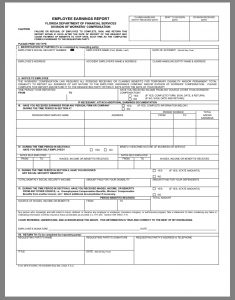 Florida statute section 440.13(5)(e) limits who may give medical opinions in workers’ compensation trials to “a medical advisor appointed by the judge of compensation claims or the department, an independent medical examiner, or an authorized treating provider.”
Florida statute section 440.13(5)(e) limits who may give medical opinions in workers’ compensation trials to “a medical advisor appointed by the judge of compensation claims or the department, an independent medical examiner, or an authorized treating provider.”
Our office recently accepted a 23 year old workers’ compensation case where the employee has not received any workers’ compensation benefits for 22 years. The workers’ compensation insurance carrier has raised two defenses to the claim: (1) Statute of Limitations and (2) causal relationship between the current complaints (back and leg pain) and the injury suffered in 1995 (a tibial fracture requiring medullary rodding) — see, 440.02(36).
To carry our burden of establishing the necessary causal connection (to defeat defense #2), medical testimony must be presented. The original surgeon, who was then authorized by the workers’ compensation carrier, is still practicing medicine in Miami-Dade County. Our plan is to have him evaluate the claimant to give his opinion on the issue.
The employer/carrier (E/C) claims that the doctor is no longer “an authorized treating provider,” precluding him from being qualified to give the key opinion testimony. We believe that E/C is wrong.
 Florida Injury Attorney Blawg
Florida Injury Attorney Blawg










